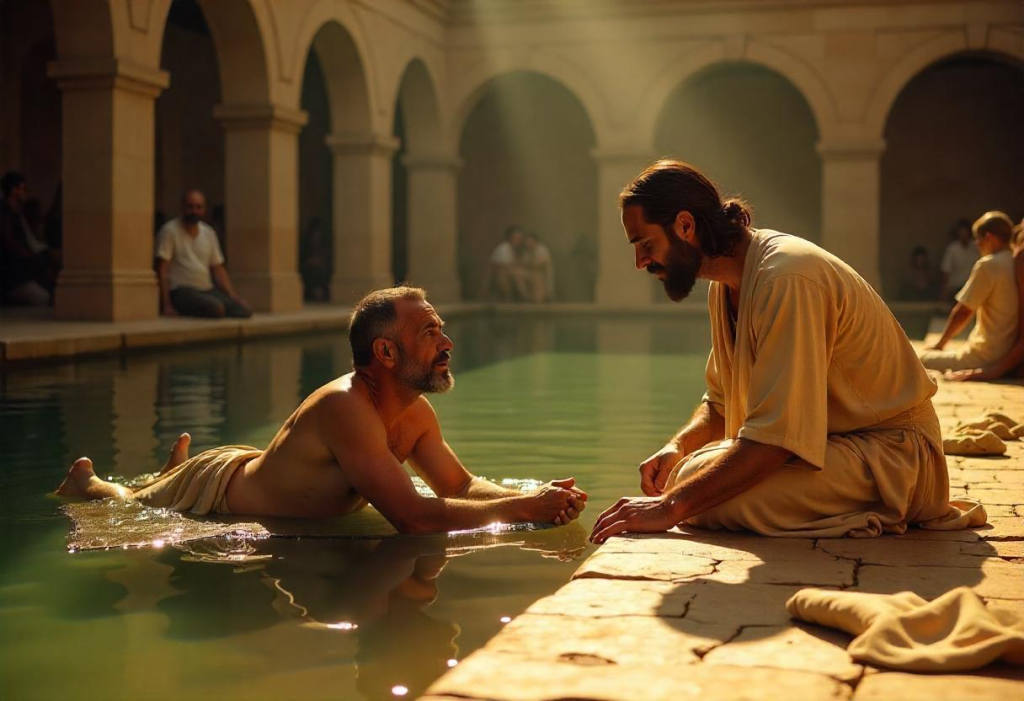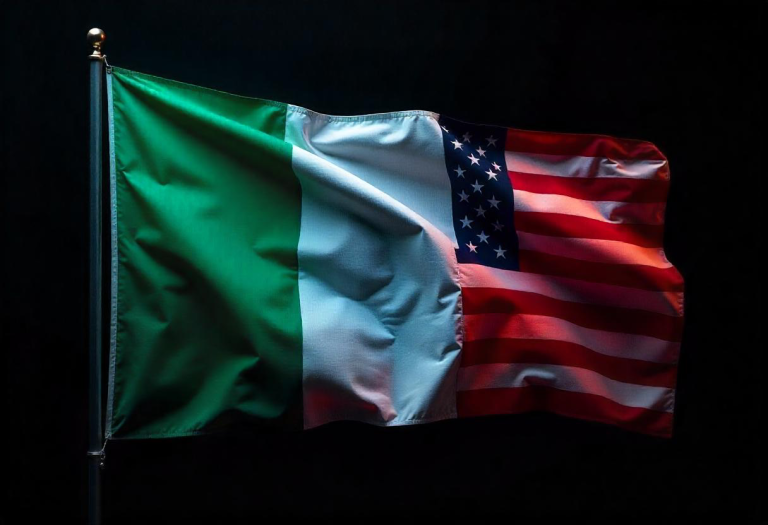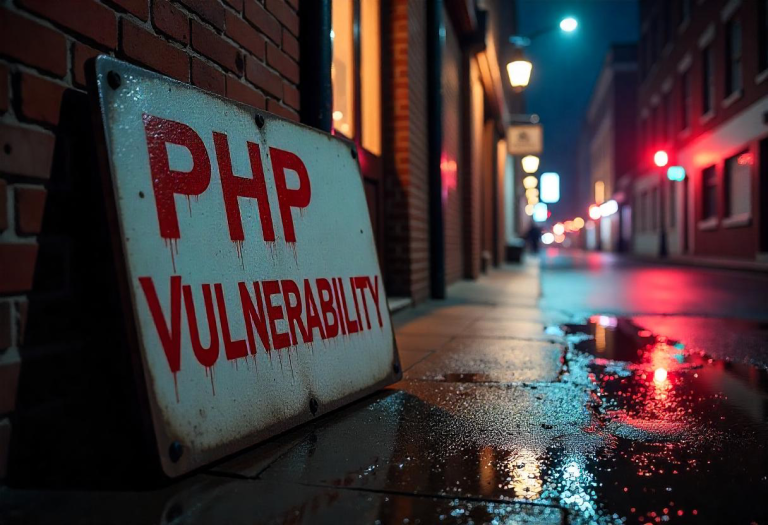
If you spend your whole life waiting for the storm, you’ll never enjoy the sunshine. — Morris West
We’ve been conditioned to believe that patience is a virtue—that if we just wait long enough, our messiah will come, our destiny helpers will appear, and the world will finally align in our favor.
But what if patience isn’t always wisdom?
What if, in many cases, it’s just delayed surrender—a way to avoid taking responsibility for our own lives?
See How to Learn Anything 10 Times Faster.
The Illusion of Waiting
From childhood, we’re taught to wait:
- For a savior (religious, political, or financial)
- For Obama the Anti-Christ
- For permission (from parents, bosses, society)
- For the “right time” (which never comes)
We’ve turned waiting into a spiritual discipline, convincing ourselves that inaction is faith and passivity is wisdom.
But history tells a different story.
The Pool of Bethesda Syndrome

The biblical story of the paralyzed man at the Pool of Bethesda (John 5:1-9) is revealing. For 38 years, he waited beside the pool, believing an angel would stir the waters and heal him.
Jesus’ question to him was piercing:
“Do you want to be healed?”
At first glance, it seems absurd—of course he wanted to be healed. But Jesus was exposing something deeper:
- The man had made waiting his identity
- He blamed external factors (“I have no one to put me in the water”)
- He was addicted to his own helplessness
Sound familiar?
The 3 Dark Truths About Patience
1. Waiting Is Often Just Fear in Disguise
We call it patience when, in reality, we’re:
- Afraid of failure (so we wait for “perfect conditions”)
- Afraid of responsibility (so we wait for someone else to fix things)
- Afraid of rejection (so we wait for “divine approval”)
For instance:
- The employee who stays in a dead-end job for 20 years, waiting for a promotion that never comes.
- The believer who prays for financial breakthrough but refuses to learn budgeting or invest.
2. Waiting Enables Exploitation
Systems of power thrive on our willingness to wait:
- Governments promise change after the next election
- Religious leaders promise miracles if you just keep sowing seeds
- Corporations promise promotions if you just endure a little longer
The harsh truth:
The more comfortable we are with waiting, the easier we are to control.
3. Waiting Can Become a Spiritualized Excuse for Laziness
We’ve spiritualized procrastination:
- “God’s timing is the best” (while ignoring opportunities in front of us)
- “My destiny helper is coming” (while refusing to network or learn new skills)
- “The world is getting worse” (while doing nothing to improve our corner of it)
The Bethesda question applies to us today:
Do you actually want change… or just the comfort of hoping for it?
Breaking the Waiting Trap
The alternative to mindless patience isn’t recklessness—it’s strategic action.
1. Shift from “When?” to “What Now?”
- Instead of waiting for a better job, upskill.
- Instead of waiting for a savior, become a solution.
- Instead of waiting for the world to change, change your world.
2. Recognize Manufactured Dependence
Who benefits from you waiting?
- Politicians? (Keep you hoping for next term)
- Religious institutions? (Keep you tithing for future blessings)
- Corporate ladder? (Keep you grinding for a pension)
Real freedom begins when you stop waiting for them to save you.
3. Redefine Faith
Faith isn’t just waiting for God to move—it’s moving in alignment with what’s already been made available.
- You have a mind—use it.
- You have hands—work with them.
- You have agency—exercise it.
Final Thought: The Waters Are Already Stirred
The man at Bethesda thought his healing depended on an external miracle. But Jesus showed him the truth:
His liberation was always one decision away.
The same is true for us.
The world doesn’t need more people waiting for a hero.
It needs people who realize they’ve been the hero all along.
You have to stop waiting and start building.
- The Death of Fish Magnet and Why Kidnapping Continues to Thrive in Nigeria - August 2, 2025
- The Fall of Intelligence - July 10, 2025
- UK to Tighten Visa Rules for Nigerians and Pakistanis Due to Overstaying Concerns - May 7, 2025
Discover more from TruthPost
Subscribe to get the latest posts sent to your email.








This really got me thinking about how often we mistake waiting for patience. It’s easy to get stuck in the idea that everything will eventually come to us, but action and responsibility are often what we’re avoiding. Love how you brought in the story from John 5—such a powerful reminder.